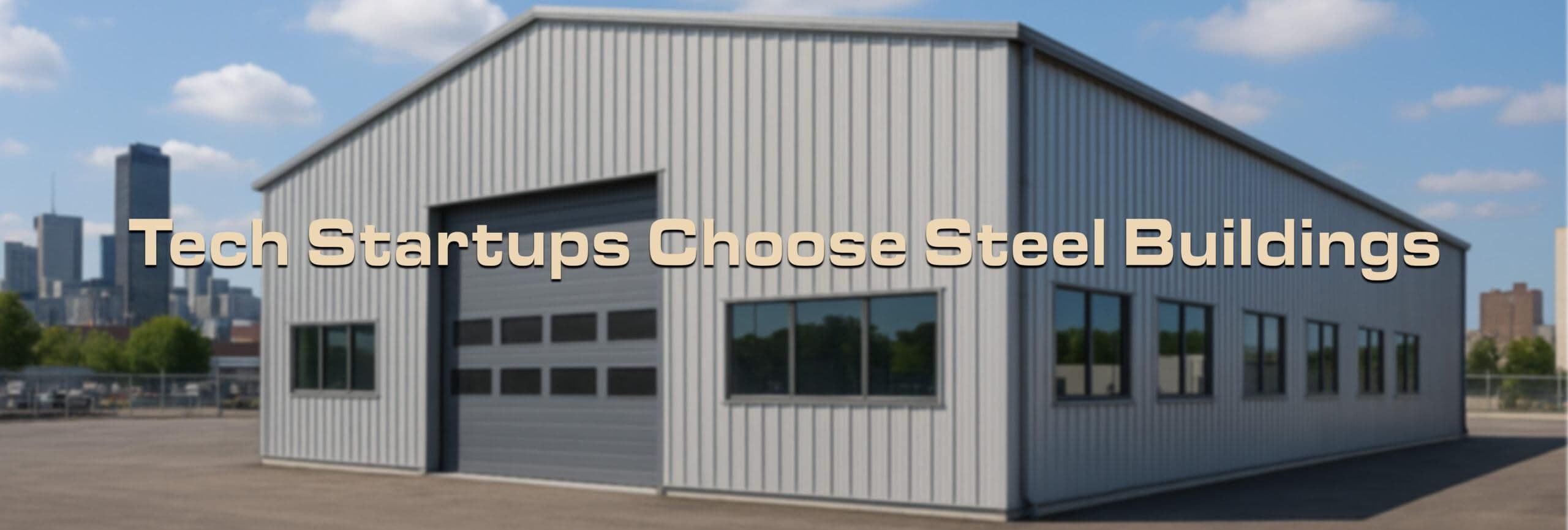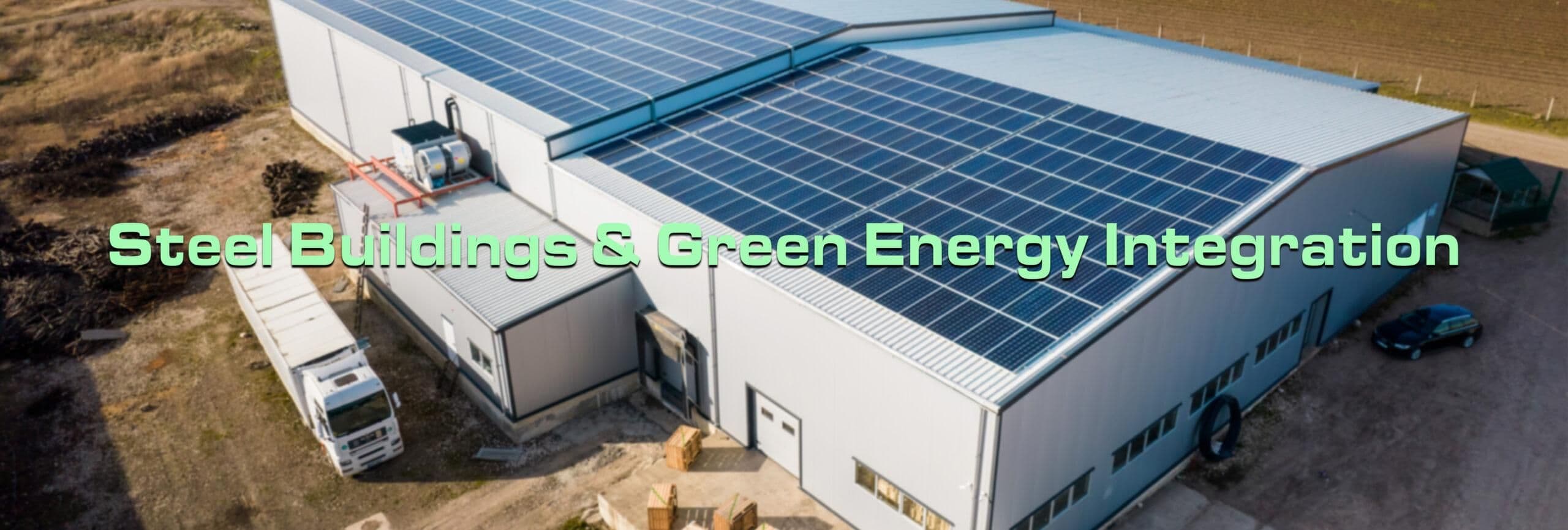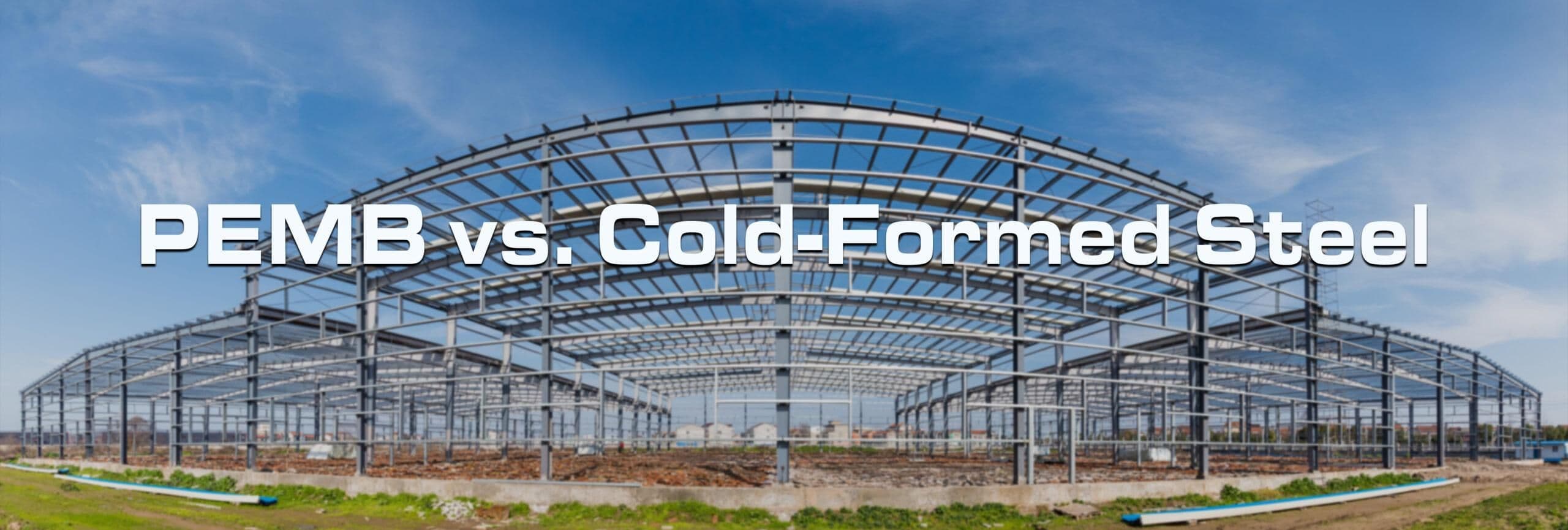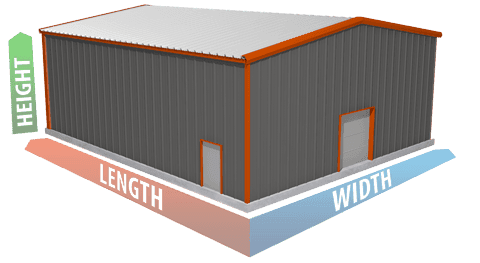Choosing the Ideal Metal Gauge for Your Custom Garage
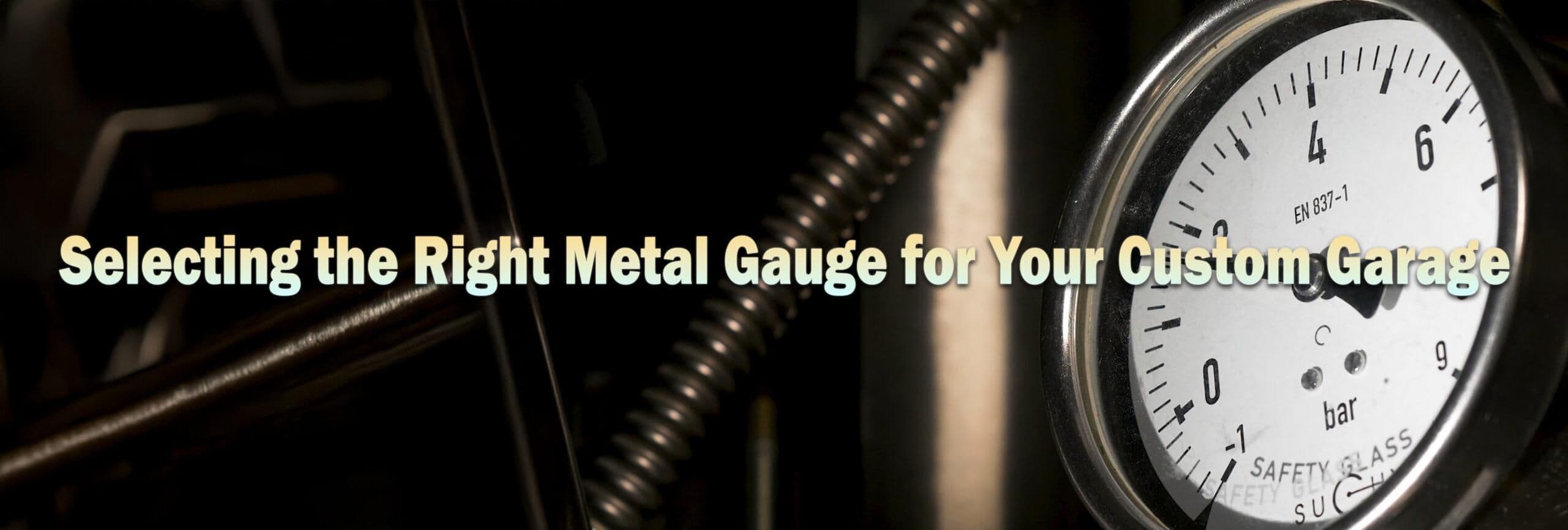
Need more parking? Maybe you’re looking for a safe place to keep your car collection? Or perhaps you’re a DIYer who likes to work on cars? Whatever your needs, custom garage buildings are worth looking into. And if you’re building it with metal, it’s important to select the correct gauge.
Understanding metal gauge
Gauge (ga) is the standard unit of measurement that tells you the thickness of the steel or metal panel. A lower gauge means thicker and stronger metal. For instance, a 12-gauge steel frame will be 0.1046 inches thick with a weight bearing of 4.278 lbs. per sq. ft, while a 14-gauge metal frame will be 0.0747 inches thick (the industry standard) and capable of bearing 3.047 lbs. per sq. ft.
You might also come across 16-gauge steel, but it’s not as commonly used for custom garage buildings. This gauge is 0.0598 inches thick with a weight-bearing capacity of 2.65 pounds per square foot.
Which gauge is best for your metal garage frame?
12- and 14-gauge steel are excellent materials for custom framing in metal garages. These materials are versatile and can be configured to meet your requirements without compromising structural strength.
Using 12-gauge steel for your custom garage
12-gauge steel is known for its outstanding strength against harsh weather. It’s thicker and more robust, so it can handle more load, especially if you’re building a larger garage. This material is also the best for a custom garage if you’re in an area with heavy snowfall. It might increase the cost of your building, but it will pay for itself down the road.
Why use 14-gauge steel for your custom garage?
14-gauge steel is more affordable than 12-gauge steel, especially for small or medium-sized custom garage buildings. It’s best for areas with mild climates as it can’t stand up to severe weather (unlike 12-gauge metal). We also don’t recommend building a larger garage with it.
At Armstrong Steel, we can help you decide which steel gauge is right for your custom garage based on your location. Our building consultants will eliminate the guesswork from selecting the right material to ensure a reliable and durable building.
Metal panel gauges
Next, let’s see which gauges are available for metal panels in custom garage buildings.
22-gauge (heavy): 0.0299 inches thick
24-gauge: 0.0239 inches thick
26-gauge (industry standard): 0.0179
29-gauge (lightweight): 0.0135
Both 29-gauge and 26-gauge metal panels are ideal for custom steel garages. Specifically, the 26 gauge is best for buildings in places with extreme weather or stricter codes. Do you prefer a 29-gauge roof panel? Make sure the purlin spacing is around 2 ft. On the other hand, purlin spacing for 26-gauge metal roofing should be from 4 to 5 ft.
Why metal gauges matter for custom garages
Custom garage buildings are significant investments to protect vehicles and equipment from harsh weather, theft, and vandalism. Choosing the right metal gauge will ensure a durable, long-lasting structure. Plus, it allows you to design a steel garage that meets your requirements.
Structural integrity
Thicker steel can withstand heavier loads in large buildings without bending and warping. For a large multi-car garage, 12ga steel tubing is the best option.
Longevity
Another reason to choose a lower gauge or thicker metal is to ensure your garage can resist everyday wear and tear. It reduces the risk of scratches, dents, and damage, so you won’t have to worry about excessive maintenance and costly repairs.
Flexibility
Thicker gauge steel allows you to build custom garage buildings with complex designs for commercial steel structures and multipurpose garages. You can also leverage steel’s flexibility by reducing or eliminating interior columns to create clear-span layouts. Or add larger door openings to move oversized vehicles, equipment, or machinery easily.
Considerations when choosing the right metal gauge for your custom garage
The size of your custom metal garage can point you to the right steel gauge. However, you should also think about budget and environmental factors.
Durability
12ga steel is more suitable for custom garage buildings exposed to heavy snow loads, hail storms, and high winds. On the other hand, 14ga metal should suffice for most residential garages.
Budget
14ga steel is usually more economical for most residential garages. That said, we don’t recommend going for the cheapest option right away if it will compromise the durability, safety, and longevity of your metal building.
Purpose
12-gauge steel is ideal for large metal garages with clear-span designs for storing machinery and large or several vehicles. For a general-purpose or one-car garage, 14-gauge steel framing is a more economical choice.
Local zoning laws and building codes
Check with your building authority for up-to-date building and zoning laws. Some are strict and will require 12ga steel frames for custom garage buildings.
Consult our metal building team.
Our building consultants can help you pick the right metal gauge for your custom garage. Click on Price My Building so we can provide a custom quote based on your location and design. You may also call Armstrong Steel at 1-866-938-5256.
